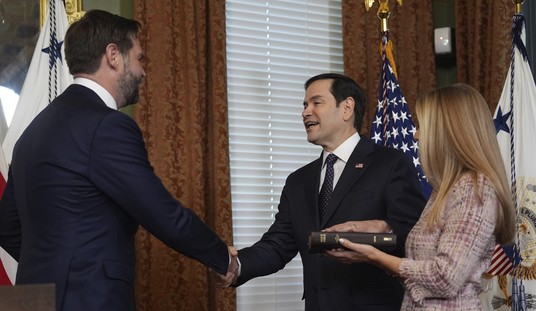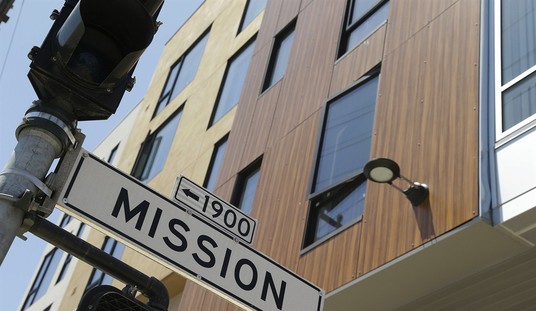Really? The most influential and newsworthy person of the year currently occupies space in urban downtown areas, unless you’re on the West Coast, where you can find them hanging out at the docks, blocking traffic and making your cost of goods needlessly increase. At least that’s how Time Magazine sees it, and they get there by conflating the Arab Spring protests with the labor-driven Occupy “movement,” which is collapsing from its own meaninglessness:
Once upon a time, when major news events were chronicled strictly by professionals and printed on paper or transmitted through the air by the few for the masses, protesters were prime makers of history. Back then, when citizen multitudes took to the streets without weapons to declare themselves opposed, it was the very definition of news — vivid, important, often consequential. In the 1960s in America they marched for civil rights and against the Vietnam War; in the ’70s, they rose up in Iran and Portugal; in the ’80s, they spoke out against nuclear weapons in the U.S. and Europe, against Israeli occupation of the West Bank and Gaza, against communist tyranny in Tiananmen Square and Eastern Europe. Protest was the natural continuation of politics by other means.
And then came the End of History, summed up by Francis Fukuyama’s influential 1989 essay declaring that mankind had arrived at the “end point of … ideological evolution” in globally triumphant “Western liberalism.”
Oh, please. First, the idea that political protest originated in the 1960s is nothing but nostalgic nonsense, and quoting the long-debunked Fukuyama at this point is almost self-parody. America has seen plenty of grassroots protests throughout its history, nor is the US alone. From our own history, we had massive anti-war and anti-draft protests in the 60s … the 1860s, in New York. It had the same effect as anti-war protests in the 1960s, which was that the war continued apace (and the nation elected a Republican as president in the next national election).
In 2009, Time had the same opportunity to pick “the protester” when the protests were the Tea Party and Iran’s Green Revolution, which followed from Ukraine’s Orange Revolution, and so on. Who did they pick? Ben Bernanke. When the Tea Party movement actually delivered results at the ballot box in 2010 in a historic midterm drubbing of Barack Obama’s Democrats — they lost 68 seats, the worst outing since 1938 — they could have hailed The Protester then, too. Who did they pick? Facebook founder Mark Zuckerberg.
So they’re a little late to “the protester” story in terms of real impact. And what impact has “the protester” actually had in 2011? Has the Occupy Movement, such as it is, had any kind of ground-breaking impact on politics in the way the Tea Party did in 2010 and still does in this cycle? Not even close, and even people on the Left have begun washing their hands of the literally pointless display. The Arab Spring protesters have had somewhat more impact, but the two dictators they overthrew in Tunisia and Egypt look to be replaced by Muslim Brotherhood theocrats. In Libya, Moammar Qaddafi didn’t get taken down by “protesters,” but by an armed insurrection that combined several militia forces with NATO’s air power dropping bombs on the capital for several months. In Syria, the Assad regime is mowing down the protesters while the US and Europe stand idly by. In that sense, it’s exactly like Iran in 2009 — when Time passed on the opportunity to name the martyred Neda as their person of the year.
Who should it have been? I’ll admit that there aren’t any slam-dunk choices. Nicolas Sarkozy might be one good choice for championing the mission to unseat Qaddafi. Angela Merkel and her nearly singlehanded effort to keep the EU from melting down and creating another global financial crisis might be another. Instead of picking an actual person who had a real impact on the world this year, though, Time instead chose to highlight one of the media’s most overblown stories and dress it up a little with a nonsense connection to protests in the Arab world that were prompted by completely different issues.
So, anyway, here’s Time’s idea of the Person of the Year. Enjoy.









Join the conversation as a VIP Member